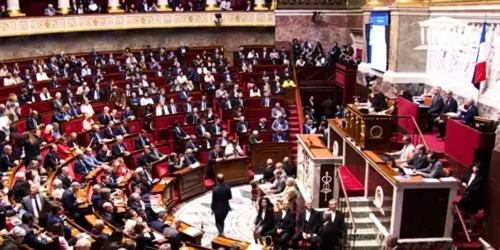Meta has prevailed in a major copyright lawsuit brought by a group of prominent authors, including Sarah Silverman and Ta-Nehisi Coates. A federal judge ruled that the company’s use of its books to train its Llama AI model qualifies as “fair use” under U.S. copyright law.
U.S. District Judge Vince Chhabria sided with Meta, but only because he found the authors’ arguments that they suffered “market harm” to be “half-hearted.” While the decision is a significant win for Meta, the judge issued a stern warning, making it clear his ruling was extremely narrow and should not be seen as a green light for the AI industry.
“This ruling does not stand for the proposition that Meta’s use of copyrighted materials to train its language models is lawful,” Chhabria wrote, emphasizing that the decision only affects the 13 authors in this specific case, not the countless others whose work was used. He even dismissed some of Meta’s public interest arguments as “nonsense.”
The judge’s decision leaves Meta vulnerable to future lawsuits and highlights a key unresolved issue. The authors still have a separate, pending claim that Meta illegally distributed their works via torrents to acquire them for training.
This ruling mirrors a similar case involving the AI company Anthropic, which also won on “fair use” grounds but must now face a trial over allegations it used pirated books to train its model. The decisions suggest that while using copyrighted material for “transformative” AI training may be permissible, the manner in which that material is obtained is becoming a critical legal battleground.













